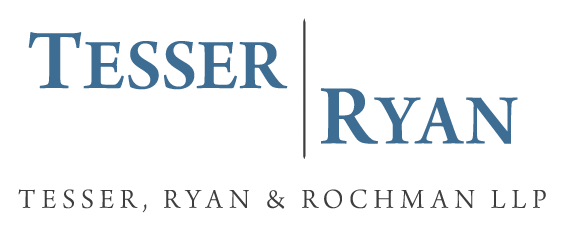State Court Rejects Cab Driver’s Challenge to Administrative Revocation of License
By Lewis Tesser, Partner, and Timothy Nolen, Associate, of Tesser, Ryan & Rochman, LLP
A recent New York County Supreme Court decision demonstrates the risk that professionals or organizations face if they attempt to avoid responding to communications from administrative agencies. The litigation involved issues of administrative law, constitutional law and civil practice.
In Matter of Cheema v. New York City Taxi & Limousine Commission, 2011 N.Y. Misc. LEXIS 3418, No. 103695-2011 (Sup. Ct. N.Y. County, July 11, 2011), a cab driver filed an Article 78 action challenging the Taxi & Limousine Commission’s (TLC) suspension of his license and imposition of a fine of $850 following the cab driver’s failure to appear at a hearing. The cab driver alleged that the TLC’s actions violated his Due Process rights since they failed to ensure that he received notice of the hearing and withdrew a settlement offer. Justice Lobis rejected the cab driver’s argument and stated that, although the cab driver never signed a certified mail slip, notice was mailed to him through first-class mail which created a presumption that it was delivered. Notice through first-class mail satisfied Due Process. Moreover, the Court noted that it lacked the power to compel the TLC to offer or extend a settlement, since offering a settlement is a discretionary act. Accordingly, the Court dismissed the Article 78 action.
Cheema should provide caution to professionals who are sent administrative correspondence: you cannot just “avoid notice [and adverse action] by ignoring the certified mailings.” At Tesser, Ryan & Rochman, our experience with administrative law and proceedings allows us to advise clients on how to respond to letters, notices or other correspondence from administrative agencies or investigators.
